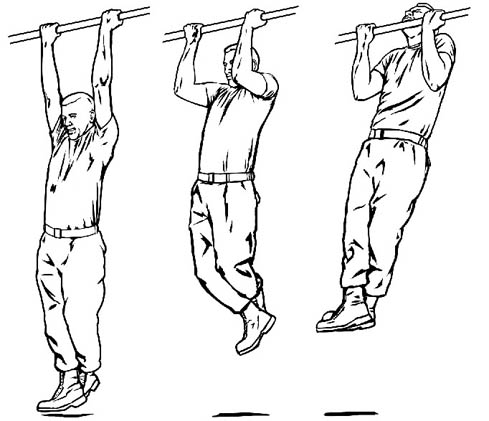First day of school
Today, September 4, is the first day of school where I live in Western New York.
The first day of school is almost like a second chance at a New Year, the unofficial start of a four month sprint to the end of the calendar year, at which point many if not most of us will take stock of the last 12 months, organizing events into little mental win and loss columns, and just as likely set a course for the next 12 months, usually in hopes that whatever disappointments the just concluded year revealed, that the new start the turning of the calendar page provides can help to wipe away regret and point the way towards something better. In a way, the first day of school is a built-in status check or reference point on how the year has progressed. Generic image of school buses
Generic image of school buses
For me, as I think about where things sit as the bus pulls away, I am one of the really lucky ones I'd say.
I am doubly fortunate to have both a really interesting and challenging job and to have the the flexibility I usually have in my schedule that I was able to seem my new middle school son off to this morning, as well as be able to see him when he returns home this afternoon.
Lucky for sure.
Recently, a friend, an executive in her organization told me about the first day of school preparations where she lives, a part of the country where school started a few weeks back. The day before the big day, as she left the office, she casually mentioned to one of her team members something like, 'Goodnight Mary Sue, I'll see you tomorrow around 10 or so?'
Mary Sue was a little taken aback, and asked, 'What do mean, I plan to be in at 8:00?', (her 'normal' start time).
And my friend said, 'Well I will be in at around 10, tomorrow is the first day of school in my town, and I definitely don't want to miss getting the kids off in the morning. I would think you would want to do the same, so take care of them, and then come in after that.'
Mary Sue was momentarily speechless, and then finally replied, 'Thank you, thank you very much, that really means a lot to me, and no boss has ever thought to offer to let me be with the kids on the first day of school. I will be in just as soon as the bus leaves.'
We study and ponder and measure and opine about engagement, motivation, performance, blah blah blah. Honestly, it's all getting kind of boring. Managers and leaders, (and certainly employees), simply remembering that the organization is composed of actual living, breathing, feeling, and caring people, and occasionally acting upon that realization is probably in the long run more important to the success of organizations and our ability to feel like we are doing the right thing with our lives.
I do believe I am a lucky guy. I'd guess I would call Mary Sue lucky as well.
Happy First Day of School!

 Steve
Steve



